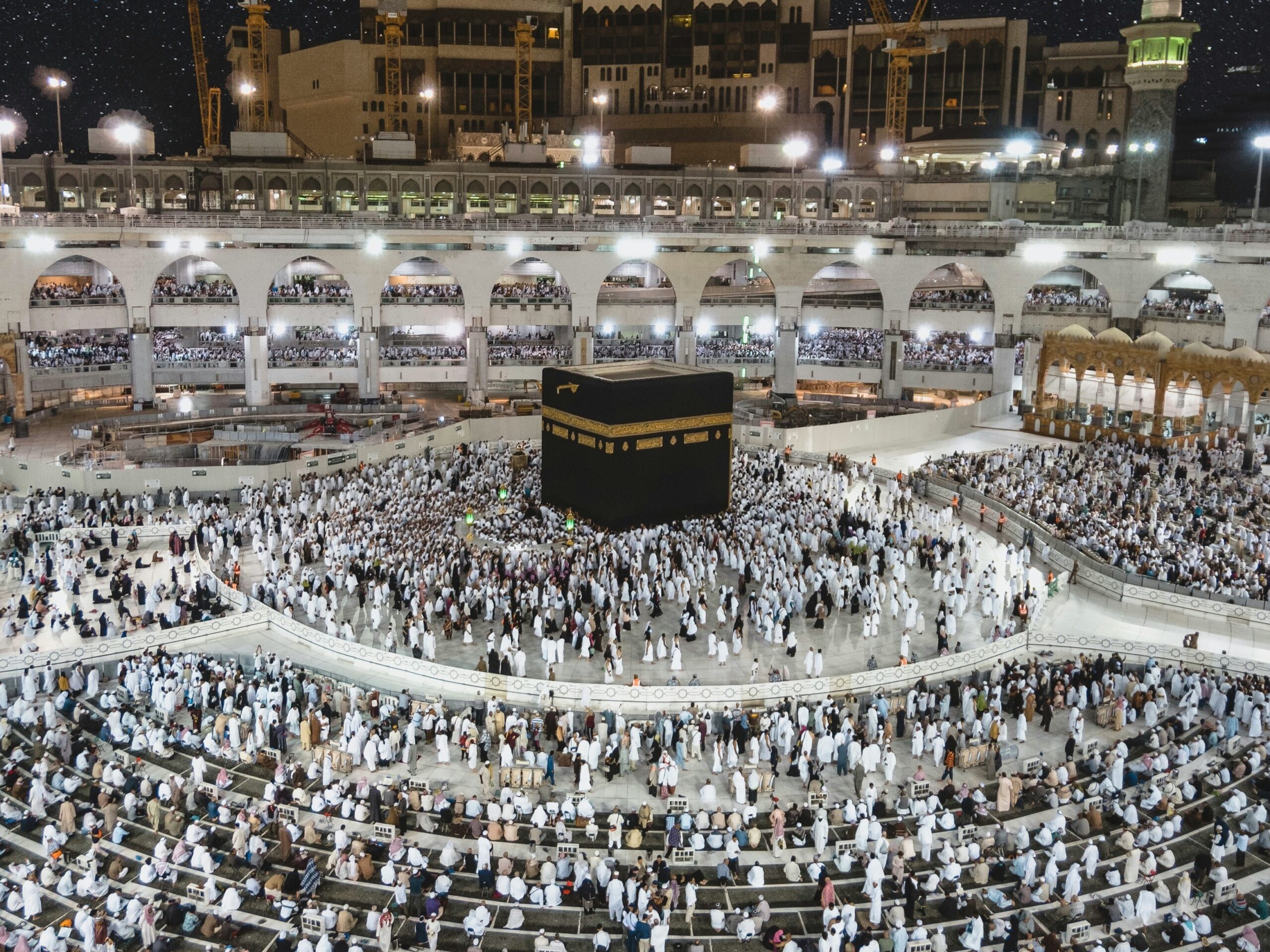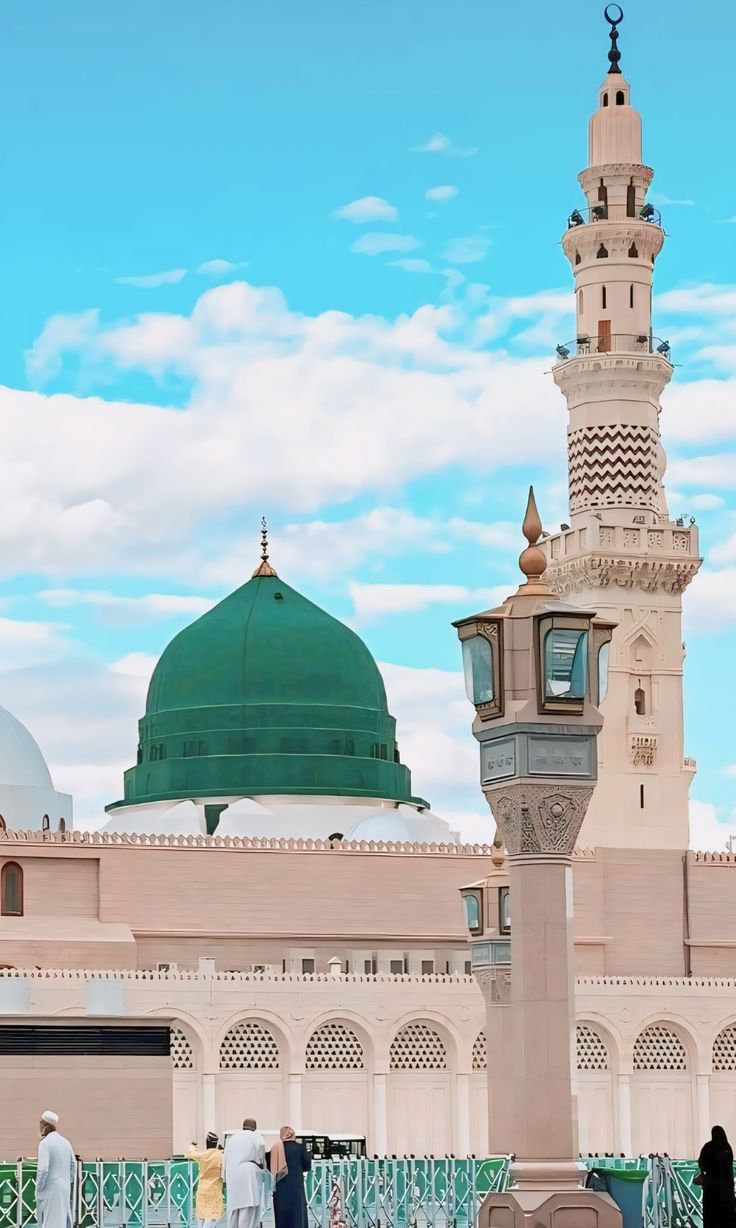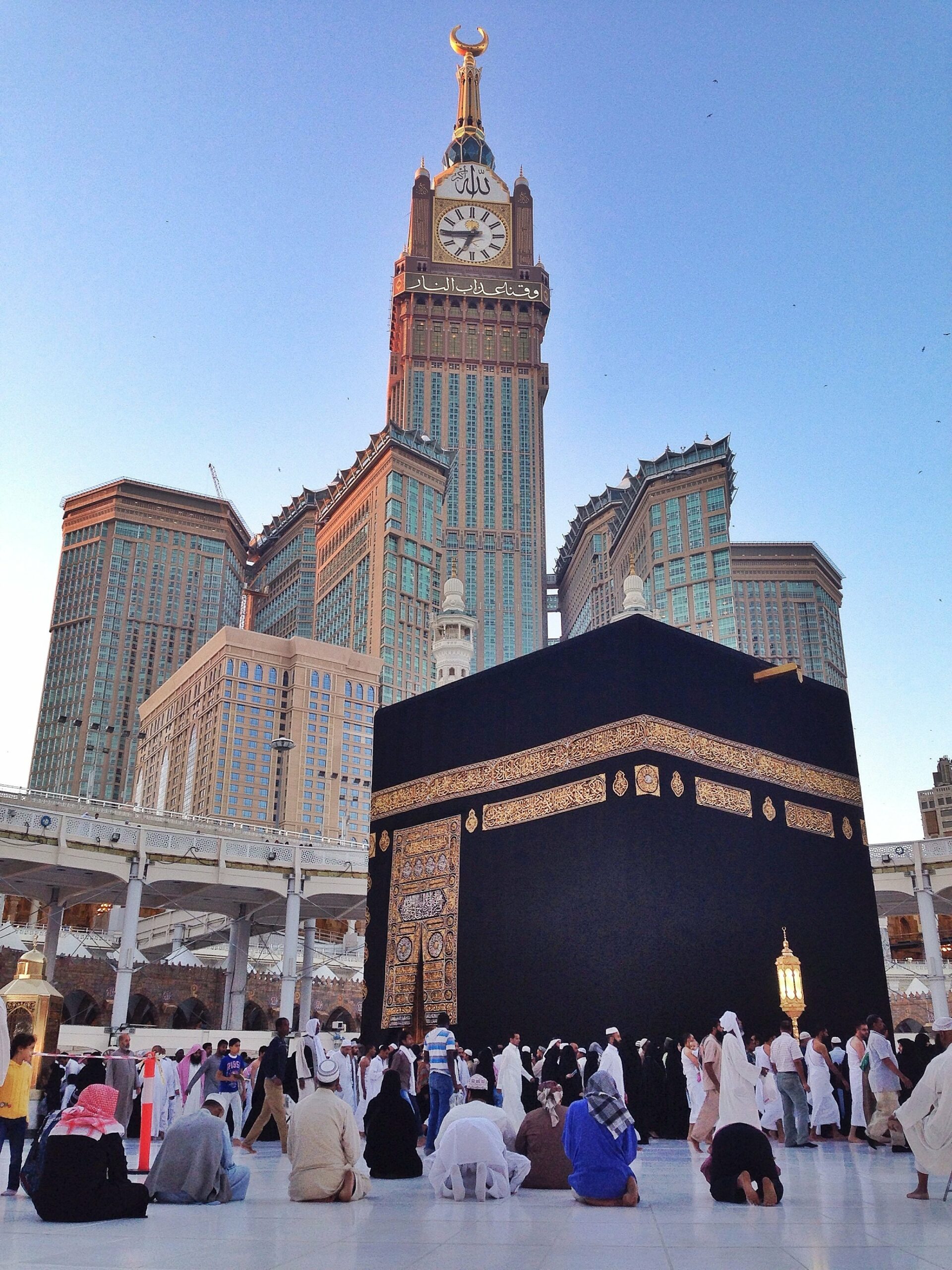Hajj 2025 Budget Package (38-42 Days)
As time passed, the site of the miracle well of ZamZam and the Kaa’bah gave way for Makkah to become a thriving and prosperous settlement. Ibrahim (AS) returned to the site each year to offer his pilgrimage to Allah (SWT). In turn, years later, when Isma’il (AS) was given his prophethood, he continued the tradition. Thus, began the inception of the Hajj.
However, during the thousands of years that would pass, this would change. The site that was built to commemorate the lessons of Ibrahim’s (AS) trial, the miracle of Allah (SWT) and most importantly the belief in one God was later taken over by pagan Arabs and the worship of idols and spirits. It grew into a city for trade and the worship of pagan gods. And the Kaa’ba eventually came to house these false gods.
Until, thousands of years later, when Muhammad (ﷺ) became a prophet and came with the commandment to restore the Kaa’ba to its original purpose. The last of Allah’s (SWT) messengers, he established Islam in the land for mankind. He (ﷺ) likewise resumed Hajj, performing the first official pilgrimage with his companions in 632 CE, re-establishing the traditions started by the Prophet Ibrahim (AS).
Hajj As We Know It Today
Today, each year, over 2.5 million Muslims worldwide, of every race, class, and culture, travel to Makkah in Dhul Hijjah. Where they stand equal before Allah (SWT) – one’s status, race, culture, and wealth are irrelevant –as they fulfil the rites of Hajj.
These days, Hajj pilgrims travel to Makkah by land, air and sea days and weeks prior to the pilgrimage period. If you’re travelling from Australia, you are likely to fly to Saudi Arabia, touching down in Jeddah or Medina. From there you will travel with your Hajj group to Makkah.
Some people save up money their entire lives to be able to perform Hajj, while others are fortunate enough to fulfil it more than once. Regardless, each Muslim are only required to perform Hajj once in his or her lifetime, and only after meeting the requirements.
Who Is Eligible To Perform Hajj?
Hajj forms one of the five pillars of Islam. The other five pillars include the Shahada (the declaration that “There is no god but God, and Muhammad is the Messenger of God”), Salah (Prayer), Zakat (Almsgiving) and Sawm (Fasting).
As a pillar of the faith, Hajj is a spiritual duty for all Muslims. However, there are still certain conditions Muslims need to meet for it to be obligatory for them to perform the sacred pilgrimage.
Firstly, one must be an adult. While children may go to Hajj, they are not required to. Secondly, one must be healthy. The very weak, sick, elderly, or otherwise physically incapable Muslims are exempt from having to perform the pilgrimage.
Thirdly, one must be financially able to perform Hajj. A person in debt is not obliged to perform Hajj until he has cleared it. However, if one is in debt, one may still perform Hajj as long as their creditor permits it, they have time to pay off the debt and performing Hajj does not affect their ability to pay it off.




